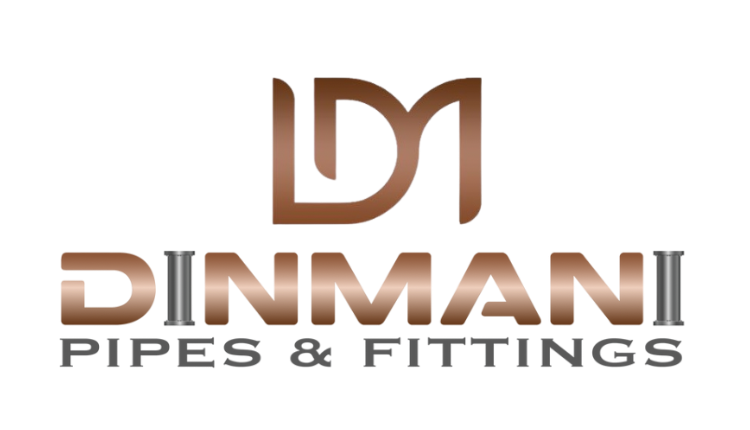Get A Quote
Get A Quote
+91

Home

Account

Get A Quote

About Us
Products
Materials
Contact Us
Connect with us
Get A Quote

Home

Account

Get A Quote

Nickel Alloy 200 90 Degree Elbow Pipe Fittings play a pivotal role in many industries, providing a reliable connection between pipes for fluid transportation. They boast a unique chemical composition that endows these fittings with excellent mechanical properties and remarkable corrosion resistance. Nickel Alloy 200 is formed by combining nickel with trace amounts of iron, copper, manganese, carbon, silicon, and sulfur. The presence of an incredibly high nickel content (approximately 99%) ensures enhanced corrosion resistance and heightened thermal conductivity. Moreover, the various other trace elements imbue this special alloy with versatility, enabling it to withstand harsh environments and temperatures. Ultimately, these 90-degree elbow pipe fittings provide a dependable solution for many applications in oil and gas, power generation, and chemical processing.
Nickel Alloy 200 90 Degree Elbow Pipe Fittings exhibit remarkable properties and offer multiple usage benefits in various industrial applications. Boasting excellent corrosion resistance, these fittings are precious in corrosive environments or conditions involving acids, alkalies, and other aggressive media. Their high thermal and electrical conductivity make them ideal for heat exchangers, electric heating elements, and electrical contacts, ensuring efficient and reliable performance. Additionally, their incredible mechanical strength and flexibility enable the manipulation of complex shapes, ensuring a perfect fit in critical plumbing and piping systems. As a low-cost alternative to other high-performance materials,200 90 Nickel Alloy Degree Elbow Pipe Fittings provide an economical yet reliable solution for industries like oil and gas, chemical processing, marine operations, and power generation. These fittings offer exceptional flexibility, durability, and cost-effectiveness in various applications.
Nickel Alloy 200 90 Degree Elbow Pipe Fittings play a pivotal role in many industries, providing a reliable connection between pipes for fluid transportation. They boast a unique chemical composition that endows these fittings with excellent mechanical properties and remarkable corrosion resistance. Nickel Alloy 200 is formed by combining nickel with trace amounts of iron, copper, manganese, carbon, silicon, and sulfur. The presence of an incredibly high nickel content (approximately 99%) ensures enhanced corrosion resistance and heightened thermal conductivity. Moreover, the various other trace elements imbue this special alloy with versatility, enabling it to withstand harsh environments and temperatures. Ultimately, these 90-degree elbow pipe fittings provide a dependable solution for many applications in oil and gas, power generation, and chemical processing.
Nickel Alloy 200 90 Degree Elbow Pipe Fittings exhibit remarkable properties and offer multiple usage benefits in various industrial applications. Boasting excellent corrosion resistance, these fittings are precious in corrosive environments or conditions involving acids, alkalies, and other aggressive media. Their high thermal and electrical conductivity make them ideal for heat exchangers, electric heating elements, and electrical contacts, ensuring efficient and reliable performance. Additionally, their incredible mechanical strength and flexibility enable the manipulation of complex shapes, ensuring a perfect fit in critical plumbing and piping systems. As a low-cost alternative to other high-performance materials,200 90 Nickel Alloy Degree Elbow Pipe Fittings provide an economical yet reliable solution for industries like oil and gas, chemical processing, marine operations, and power generation. These fittings offer exceptional flexibility, durability, and cost-effectiveness in various applications.

































-1688635827661.webp)


No more suppliers available.
Website Banner